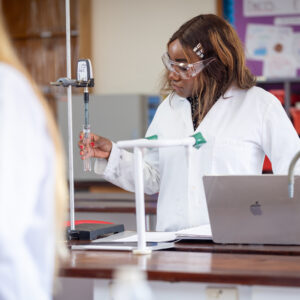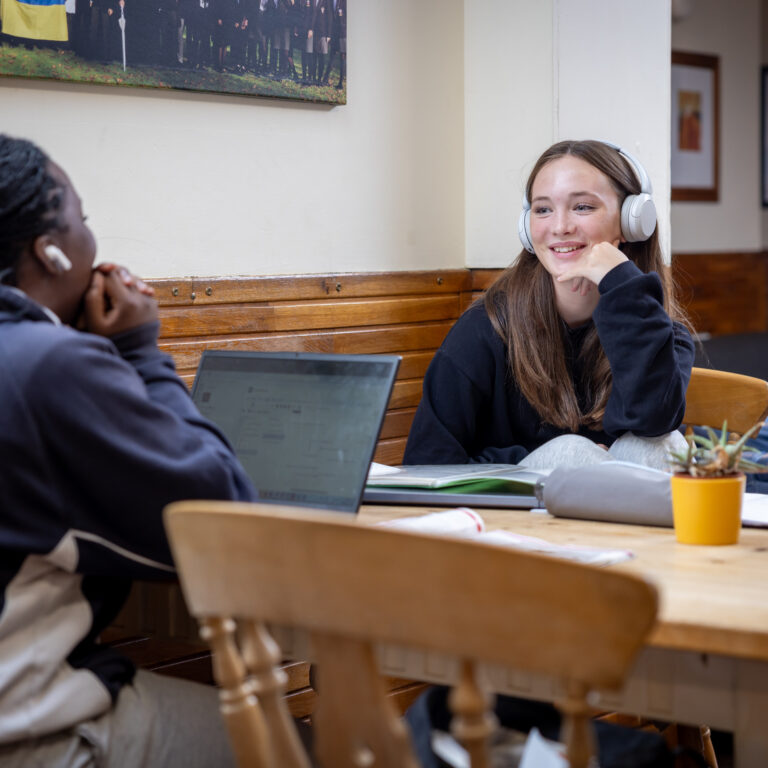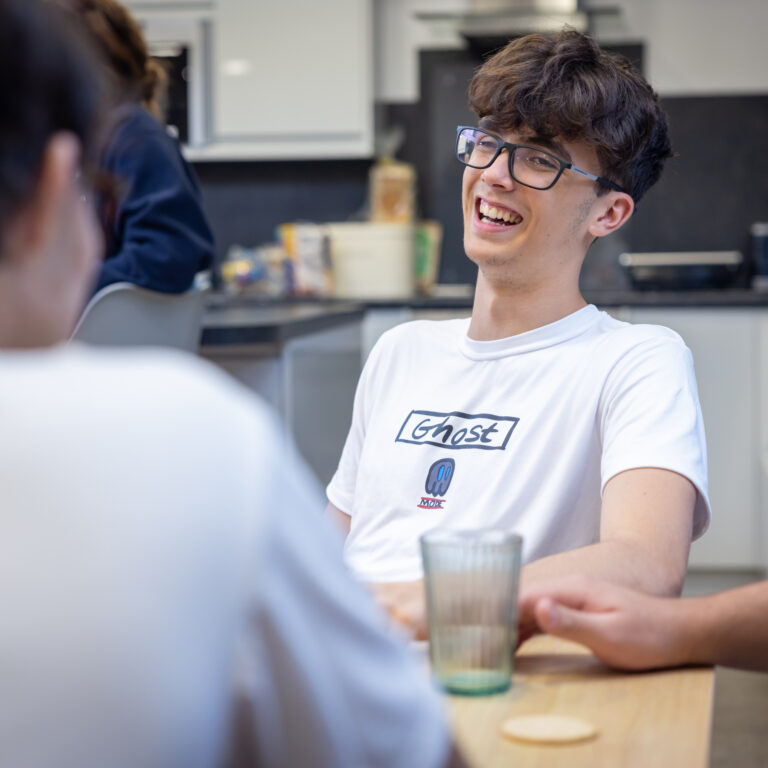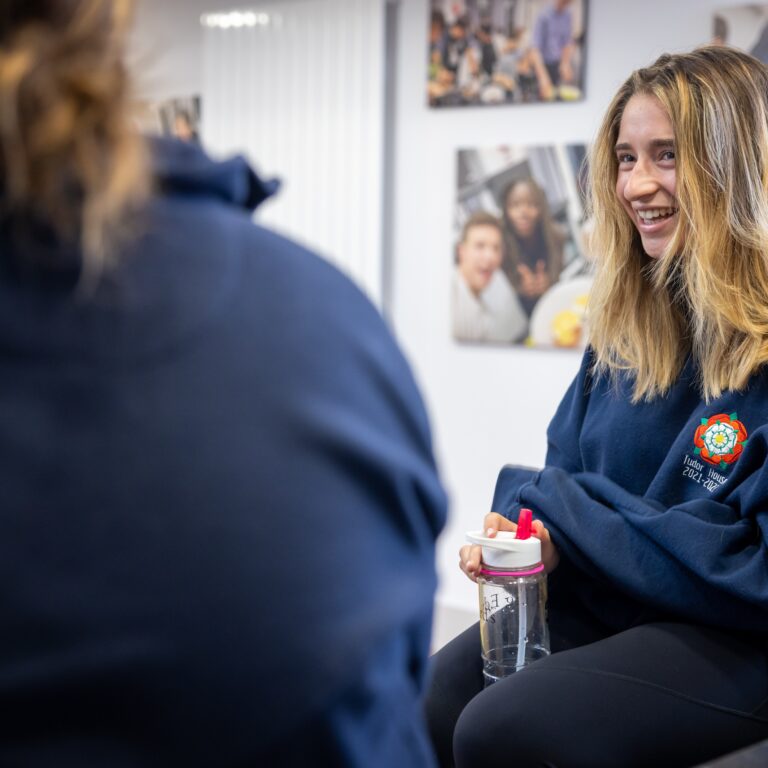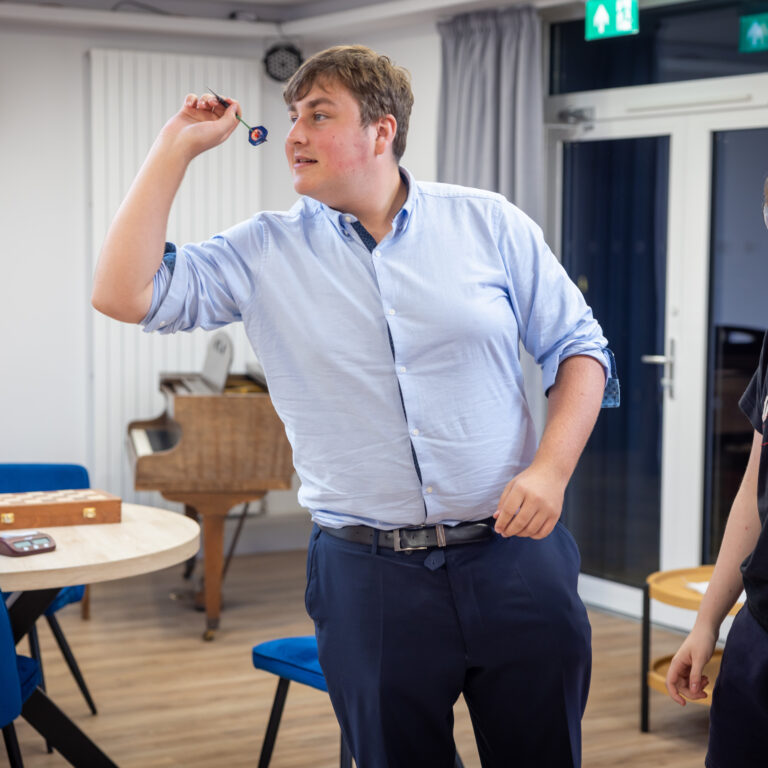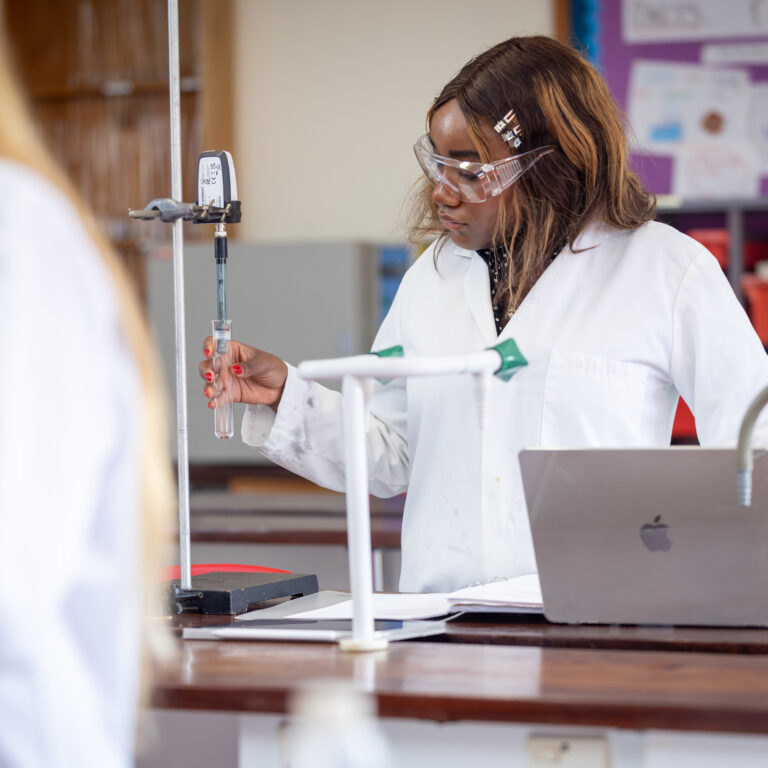HE, Careers & DestinationsThe next chapter in a brilliant life journey
We are proud of our students’ diverse aspirations, and their onward journeys from our school reflect their ambition.
As a Sixth Former at King Edward’s you’ll benefit from a comprehensive Sixth Form higher education and counselling programme, including a bespoke Early Applications Programme for students aiming for Oxbridge, medicine, dentistry and veterinary courses at university. Each year around two thirds of our students transition to Oxbridge and Russell Group universities; others progress to a range of other, often specialist universities, to apprenticeships (read below for information on NATIONAL APPRENTICESHIP WEEK 2025) or directly to their chosen careers.
With extensive 1:1 support and guidance, together we will navigate your aspirations, whether that involves applying to a selective UK or, increasingly, an international university, pursuing an apprenticeship, entering a school-leaver program, or planning a gap year. Our students are encouraged to explore the widest range of higher education disciplines and their inquisition is reflected in the breadth of programmes our leavers enjoy; in 2024 alone, these included subjects ranging from English, Engineering, Fashion Management, Football Coaching, Industrial Economics, Illustration, Land Economy, Medicine and Modern Languages amongst many more.
Benefiting from access to the Unifrog platform to support you in preparing for your future, you will have opportunity to:
- Research potential careers, university courses and apprenticeships
- Build a record of their experiences, skills and competencies
- Learn how to draft effective personal statements, CVs, covering letters and interview skills Attend university taster days, UCAS university and careers fairs
- Seek super-curricular activities that enrich personal aspiration



